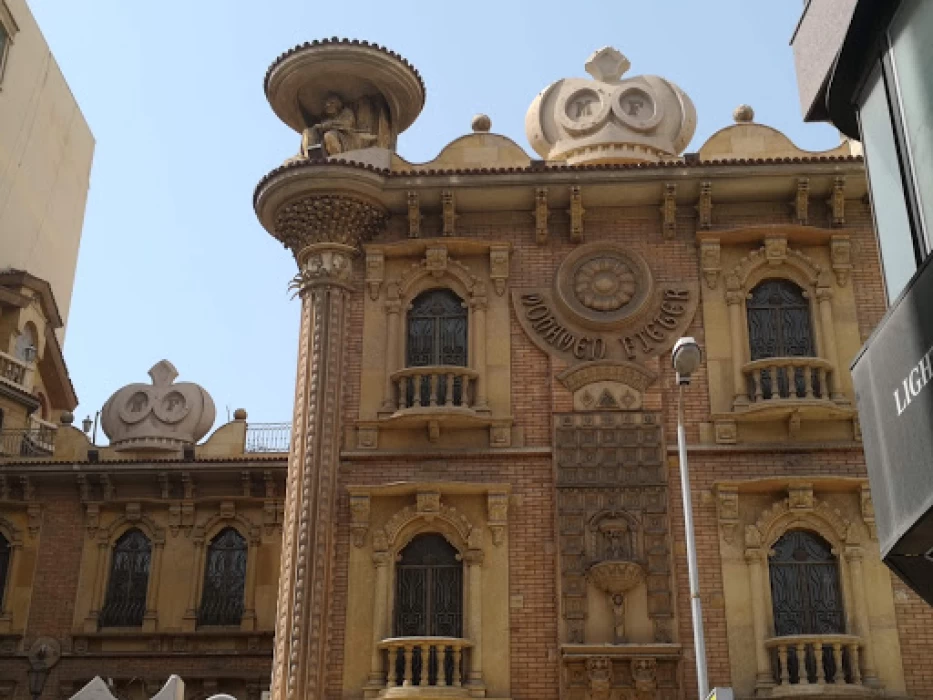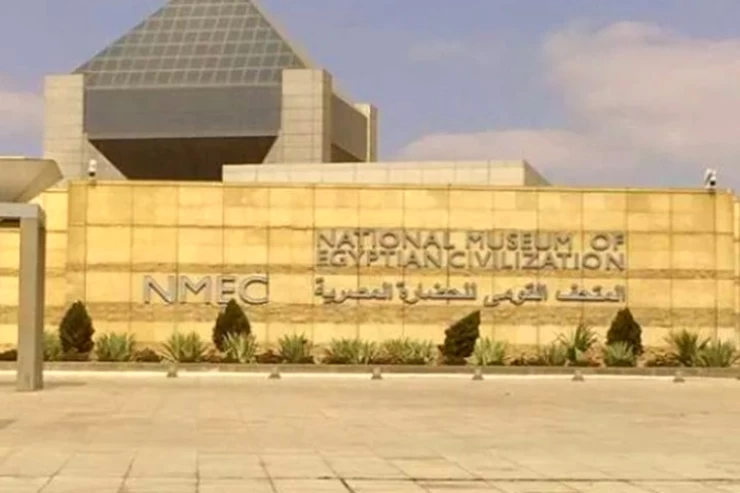
History of Cavafy museum
The KVAVIS Museum in Alexandria is one of the most famous museums, where many tourists come specially to see the collections of the Greek poet and the details of his life that everyone adores reading about. It is a great cultural and literary symbol in Greece, and by its location on the Mediterranean coast, all the details of Alexandria influence it, and all Greeks love Egypt, specifically Alexandria. The Seventh Day monitors the development work that has occurred at the KVAVIS Museum in the RAML station area in the center of the Mediterranean bridge.
The museum underwent development work and was officially opened in the presence of Dr. Ahmed Zayed, at the invitation of the Onassis Foundation, in the presence of Ekaterini Sakellaropoulou, President of the Hellenic Republic, and Ms. Lena Mendoni, Greek Minister of Culture, as well as Ioannis Bergakis, Consul General of Greece in Alexandria.
Dr. Zayed praised the restoration and the new look of the house of the great Greek poet Constantine Kavafy and stressed that the house of Kavafy is a precious archaeological gem in the Mediterranean, and it also monitors the journey of one of the most important Egyptian Greek poets.
The Greek Onassis Foundation developed and restored it to reopen again yesterday amid an elegant festive atmosphere. The poet Constantin Pierre kafafi was born in Alexandria on April 17, 1863, he was from a wealthy family, he had 9 sisters, his father died at the age of 14, his mother went to England and he got hooked on English poetry and literature there and returned at the age of 16, he enrolled in the trade school and received great encouragement from his teachers in attachment to literature and poetry and wrote his first poems in English and then French.
He also worked as a journalist with his brother at the Alexandria Stock Exchange, and his love for poetry was increasing day by day. He was writing his poetic verses and presenting them to his friends until he reached the age of forty. he decided to print a book in 1904, and he became famous among intellectuals and poets because of his book; then he decided to write his second book.
Kvavis fell ill with throat cancer and underwent an operation in Athens that caused the loss of his voice, and in 1933, he died in the Greek hospital in Alexandria and was buried in the Greek family cemetery in Alexandria. One of his most famous quotes is 'I am a poet, a historian.. I feel voices inside me telling me that I can write history, but I don't have enough time, and some of his friends wrote that while he was looking out the window of his house, he said: "What more beautiful place could I settle down, amid these centers of existence: a brothel, a church of forgiveness, a hospital where one dies".
Inside his house, which has now been turned into a museum, there is an office room with a "jazz lamp" on it, which he used while at home and while writing his poems, as well as books and handwritten blogs, in addition to his bedroom. There are also a large number of his photos, models, his statue, some of his personal belongings, books that were written about him, and the poets who were named after him. Mohamed Youssef, an archaeological expert in Alexandria, says that the museum has witnessed the restoration and development of the collections that are located inside the Alexandria Museum, the Kafafis Museum.
He stressed that the restoration of the Kavvis House and its presence in Alexandria helps to increase Greek and Mediterranean Tourism and increase the percentage of tourism in Alexandria, especially boat tourism, which constantly comes to Alexandria.















